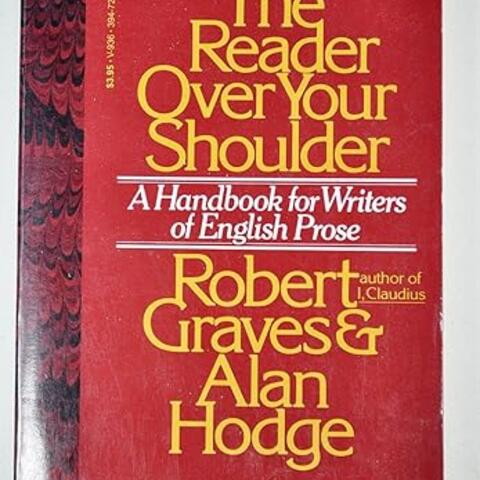Managing Time and Research While Teaching
Notes From a Writer's Desk

The Fellowships & Writing Center (FWC), along with the Derek Bok Center for Teaching and Learning and the Academic Resource Center (ARC), recently held a panel discussion on how to manage time when both researching and teaching during the graduate school years. The panel featured representatives from each center who shared their own experiences and offered some tips and tricks for balancing teaching with research. Here are some snippets from each speaker.
Julia Coyoli, a PhD candidate in government and a former Bok Center Pedagogy Fellow, offered some perspectives from her experiences in the social sciences. Julia’s biggest takeaway was that teaching and research need not always be adversarial activities. This proved to be a common theme among the three panelists, which helped drive a discussion on how good teaching does not always need to take up all of our time and on how there can be such a thing as overpreparing. Moreover, research can be beneficial to our teaching, as it can provide great examples for illustrating concepts. Conversely, teaching can help our research by giving us opportunities to clarify key readings, arguments, or approaches in our respective disciplines.
Meaghan Fallano, who earned her PhD in organic chemistry from Northeastern University and currently serves as assistant director for STEM support at the ARC, provided some useful insights from the STEM perspective. Meaghan has found that balancing teaching and research is best achieved when someone has clear goals for each, as they can structure their time to allow for the space to be productive in each environment. To that end, Meaghan recommends that students build in time to conduct their teaching responsibilities away from their research space—which, in the world of chemistry, means away from the laboratory. She also recommends thoroughly documenting all of the preparation work for teaching. This will pay dividends down the road, as you will be well prepared for subsequent teaching responsibilities or for writing a statement of teaching philosophy when on the academic job market.
Anthony Shannon, who earned his PhD in classical archaeology from Harvard’s Department of the Classics and is currently a postdoctoral fellow in the FWC, reflected on his extensive experience teaching as a Harvard graduate student in the humanities. Having taught full course loads for seven years, Anthony noted that he repeatedly found himself balancing his teaching needs—and, by extension, the needs of his students—with his own research needs. As the latter became more pressing toward the end of his graduate tenure, Anthony found comfort in the structure that teaching provided, and built his nebulous research schedule around the comparatively stable time requirements of his teaching obligations. He also took up a hobby, woodworking, which provided some time in his schedule for reflection on his teaching and research, as well as a therapeutic, hands-on activity that facilitated mental recharging and decompression after a day full of course prep and writing.
To learn more about what each of the panelists had to say, reach out to them directly, or schedule a meeting with their respective offices. If you are seeking to improve your teaching skills, the Bok Center has you covered, while the ARC can help you manage your time, and the FWC can help you manage and communicate your research.
Ready to book an appointment with FWC staff? Access the FWC intake form.
Get the Latest Updates
Join Our Newsletter
Subscribe to Colloquy Podcast
Simplecast




